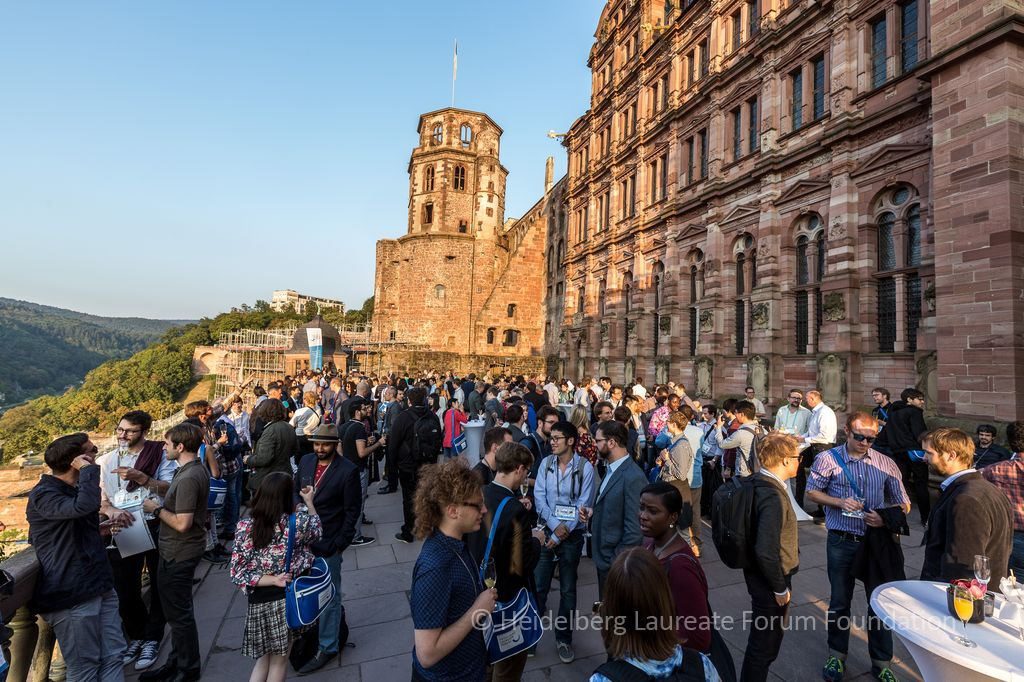Young researchers reflect on the challenges and opportunities of leaving home
BLOG: Heidelberg Laureate Forum


Ujwal Gadiraju was born in the United Arab Emirates, grew up in India, and studied in Germany and the Netherlands. For him, computer science crosses borders.
Gadiraju’s journey may seem unusually international—but it has also become a familiar one for young researchers, who often find new opportunities in totally new places. “I’ve certainly grown as a person simply by living abroad, experiencing all these different cultures,” he says. Studying abroad in Dresden, he gained new skills and new rigor. He enjoyed himself enough that he decided to apply to graduate programs in Europe. “I really had a lot of fun.”
Thousands of kilometers away, Opeyemi Aborisade had a similar experience when she left her home country of Nigeria. She studied mathematics in Senegal at the African Institute of Mathematical Sciences (AIMS), which introduced her to researchers from countries across the continent—Rwanda, Cameroon, Senegal, and Mali, to name a few.
For many of Aborisade’s peers, AIMS represented a place of stability, not just a place of study. “You study for free in a safe environment,” Aborisade says. For students of limited means, or students who grew up in countries without strong math programs, international education can make careers in mathematics possible.
That doesn’t mean all qualified students can access international education. Even an affordable program comes may come with steep flight and accommodation costs, Gadiraju points out. “It’s something that’s probably not accessible to as many people as it should be,” he says.
And for students who do gain access to programs abroad, considerable challenges remain—not least of which is the struggle to adapt to new languages and cultures. When Gadiraju arrived in Germany, he could barely communicate with peers who didn’t speak English, and it took time to build friendships. “What made the transition easy for me was the fact that I played cricket,” Gadiraju says. Sports helped him find a community of fellow international students.
Another challenge is societal, rather than personal: brain drain. “The best of the best are leaving the country,” Aborisade says. It’s difficult for countries with fledgling math programs to build capacity, if students find opportunity abroad and stay there. “They become useful to the country where they studied, or where they stay.”
Aborisade has some advice for countries that, like Nigeria, are losing their best researchers to international programs. “Attract your students back home,” she says. Invest in universities, and trust that even basic research—in math and computer science, for example—can help countries develop. “Make them want to come back home, want to invest in their country.”
Aborisade will soon embark on a new international experience—a master’s program in the U.S. state of North Carolina. Gadiraju is working on completing his PhD at Leibniz Universität in Hannover. Both young researchers feel that study abroad widened their sense of the world. At the same time, they’re cognizant that with a wider sense of the world comes a responsibility to help expand the worlds of others.

